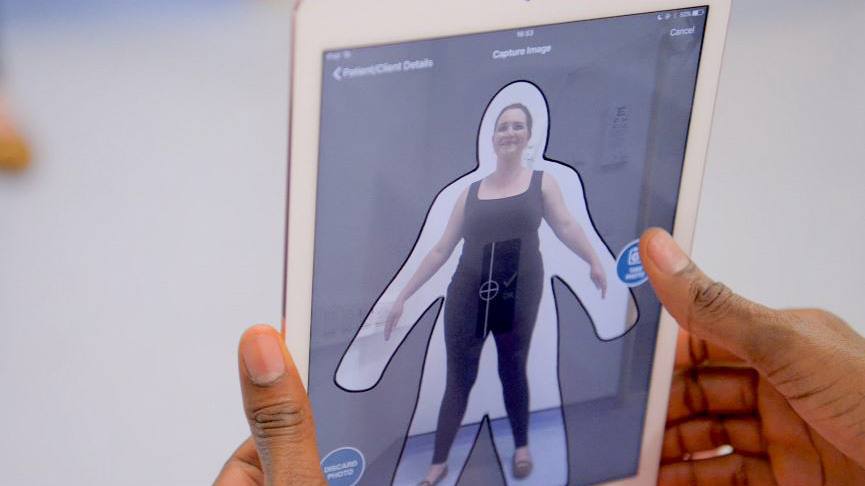Diagnosis
Diagnosis of metabolic syndrome is based on medical history, family medical history, a physical exam, and blood pressure and blood tests.
The National Institutes of Health defines metabolic syndrome as having three or more of the following conditions or being on medicine to manage these conditions:
- Large waist. This means a waistline that measures at least 35 inches (89 centimeters) for women and 40 inches (102 centimeters) for men.
- High triglyceride level. For this type of fat found in blood, this means 150 milligrams per deciliter (mg/dL), or 1.7 millimoles per liter (mmol/L), or higher.
- Low "good" or HDL cholesterol. This means levels of less than 40 mg/dL (1.0 mmol/L) in men or less than 50 mg/dL (1.3 mmol/L) in women of high-density lipoprotein cholesterol, also called HDL cholesterol.
- High blood pressure. This means 130/80 millimeters of mercury (mm Hg) or higher.
- High fasting blood sugar. This means100 mg/dL (5.6 mmol/L) or higher.
Self care
For people with metabolic syndrome or any of the conditions that are part of metabolic syndrome, making healthy lifestyle changes can help prevent or delay serious health conditions. Learn what steps you can take.
Regular physical activity
Health experts recommend getting at least 30 minutes of exercise, such as brisk walking, daily. But you don't have to do that activity all at once. Look for ways to increase activity any chance you get, such as walking instead of driving and using the stairs instead of an elevator.
Weight loss
Losing 3% to 5% of body weight can reduce insulin resistance and lower the risk of diabetes. It also can reduce blood pressure. It's important to keep the weight off. A healthcare professional might be able to help with ways to lose weight and keep it off, including medicines or weight-loss surgery.
Healthy diet
Healthy-eating plans, such as the Dietary Approaches to Stop Hypertension diet, also called the DASH diet, and the Mediterranean diet, mean eating more:
- Vegetables.
- Fruits.
- High-fiber whole grains.
- Lean protein.
Healthy-eating plans typically limit:
- Sugary beverages.
- Alcohol.
- Salt.
- Sugar.
- Fats, especially saturated fats and trans fats.
- Processed foods, such as frozen dinners and chips.
Stopping smoking
Giving up cigarettes and other tobacco products greatly improves overall health. Ask your healthcare team for help with quitting.
Reducing or managing stress
Physical activity, meditation, yoga and other programs can ease stress and improve emotional and physical health.
Getting enough good sleep
Over time, lack of good sleep can lead to health problems. For adults, 7 to 9 hours of sleep a night is the target.
Preparing for your appointment
You're likely to start by seeing your primary healthcare professional. You may be referred to a doctor who specializes in diabetes and other endocrine disorders, called an endocrinologist. Or you may be referred to a cardiologist, who specializes in heart disease.
What you can do
When you make an appointment, ask if there's anything you need to do in advance, such as fasting for a test. Make a list of:
- Your symptoms, including any that seem unrelated to the reason for your appointment, and when they began.
- Key personal information, including other medical conditions you have and family medical history.
- All medicines, vitamins or other supplements you take, including doses.
- Questions to ask your healthcare team.
Take a family member or friend to the appointment, if possible, to help you remember the information you're given.
For metabolic syndrome, some questions to ask your healthcare team include:
- What conditions are causing metabolic syndrome for me?
- How can I reduce the risk of other health conditions caused by metabolic syndrome?
- Will losing weight help my condition? What about exercise?
- Do I need any other tests?
- I have other health conditions. How can I best manage them together?
- Should I see a specialist?
- Are there brochures or other printed material I can have? What websites do you recommend?
Ask any other questions you have.
What to expect from your doctor
Your healthcare professional might ask questions about your diet, exercise and other lifestyle habits.
